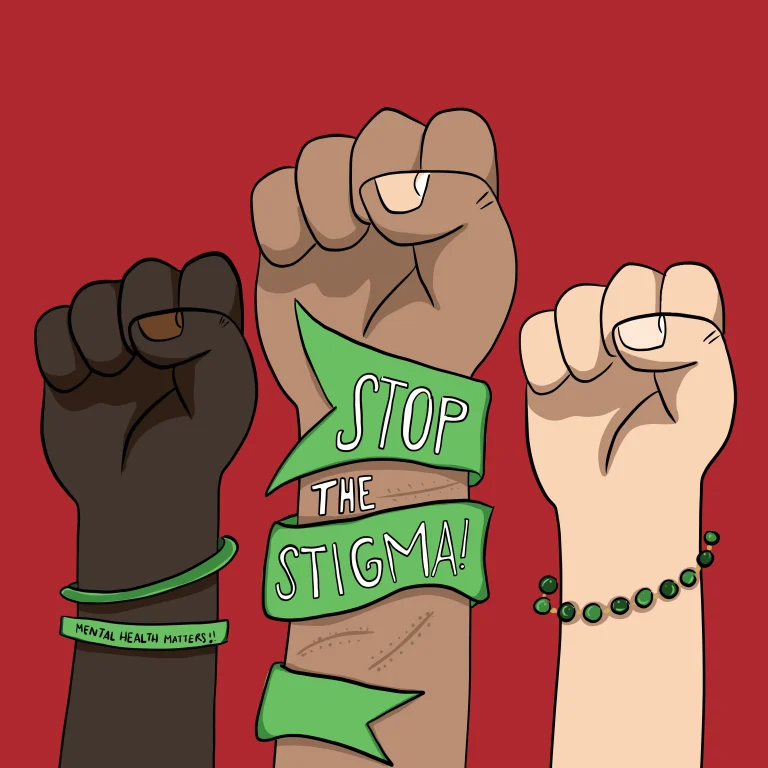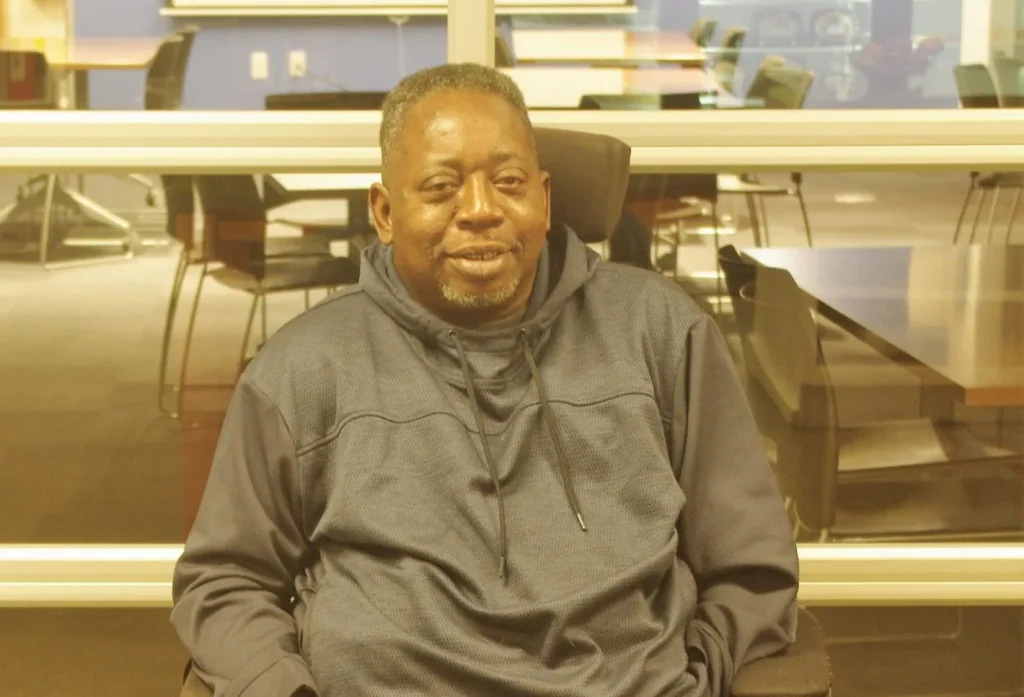Breaking Barriers: Ending Hygiene Stigma
We believe hygiene is a right, not a privilege. Yet, people face stigma that affects their access to proper hygiene and self-care. Whether it’s poverty-based stigma linking poor hygiene to laziness, associative stigma impacting family and caregivers, or the deep effects of perceived stigma, these biases create real barriers. Even within healthcare, health practitioner stigma can lead to judgment instead of care, preventing individuals from receiving the support they deserve.
Click on the links below !
Let's Talk
Social stigma in the context of health is the negative association between a person or group of people who share certain characteristics and a specific disease. It often stems from misunderstanding, fear, or stereotypes.
We can also describe stigma as stereotyping, loss of social status and discrimination. This includes aspects of physical and mental health, social deterioration, compound discrimination that targets minorities, low income individuals or anyone with another stigmatized trait outside of their disabilities/ hygiene accessibility.
Physical deterioration is a detrimental aspect to inaccessible hygiene that threatens the life of individuals in need of solutions. This is ultimately how Ron Wilson (the founder of WAT) passed, and why our product is so important. Physical issues related to lack of hygiene include skin irritation and infections, dental deterioration leading to cardiovascular issues or sepsis, urinary infections, respiratory and gastrointestinal issues, acceleration of any previously existing issues. Mental health impacts include social isolation, low self esteem and depression, increased stress, anxiety and shame and guilt, learned helplessness.

There are a unique number of different types of stigma. Various social stigmas include but are not limited to: Public, self-stigma, structural stigma, healthcare/ health practitioner stigma, cultural and social, poverty based, associative, perceived stigma.



Associative
Targets people connected to someone with a stigmatized trait
Structural stigma
insufficient attention to hygiene needs in healthcare, prejudice from caretaker providers (neglect)
Cultural and Social stigma
societal norms and expectations, causing isolation, disproportionally affects marginalized groups of people and minorities.
This channel is meant for open discussion to share your thoughts on social stigma and how it affects day-to-day life.


Connect with others by actively listening and responding.
Let’s break stigma together, as a community.
What We Offer?
This platform provides a variety of services aimed at addressing hygiene stigma. We provide education resources and also host interactive discussions in our community forum page to help everyone feel confident and supported. The forum is an inclusive space for everyone to share their experiences and needs.
Join the Conversation
Welcome to the community hub where we tackle hygiene stigma together. Here, you can share experiences, listen to inspiring stories, ask questions, and gain insights on overcoming this barrier.
Guidelines
Be Respectful
In our community, we expect everyone to be respectful. This includes active listening and maintaining a supportive environment.
- Be respectful by actively listening
- Maintain a supportive environment.
Avoid personal attacks, harassment, or discrimination based on race, gender, religion, disability, or other identities.
Use inclusive language.
This is a safe space. Do not share private messages or sensitive discussions outside the forum.
If someone shares personal experiences, respect their privacy and avoid judgment.
Be Mindful of Stigmatizing Language
Avoid labels and negative stereotypes when discussing mental health, disabilities, or other personal experiences.
- Be mindful of stigma and your words are impact others.
If unsure about terminology, ask or seek guidance rather than assume.
Foster Constructive Discussions
Disagree respectfully and focus on facts or personal experiences rather than making assumptions.
Critique ideas, not people.
Use trigger warnings if discussing sensitive topics.
Support and Empower Others
Encourage open conversations and provide helpful resources when possible.
Avoid dismissing or invalidating others’ experiences.
Report and Address Violations
If you witness or experience disrespectful behavior, report it to moderators rather than engaging in conflict.
Moderators will take appropriate action to maintain a safe space.